Interested in learning more about how AI can be used to support nonprofit organizations and the critical work they do? Book a call with Nonprofit Megaphone today!
Artificial Intelligence (AI) isn’t just a buzzword — it’s reshaping how nonprofits operate. From donor engagement and marketing to program evaluation and back-office tasks, AI helps organizations do more with less. For nonprofits facing tight budgets and staff shortages, it offers efficiency, insight, and time to focus on what matters most: mission impact.
A 2024 benchmarking study found 82% of US nonprofits are using AI, primarily in finance and program optimization. Globally, adoption is surging too — McKinsey reports 70% of organizations now use AI, while Stanford’s AI Index shows it can boost productivity and help narrow some skill gaps.
Continue reading to explore how your mission-driven team can use AI safely, ethically, and effectively to expand its reach.
AI Basics
AI refers to systems that learn from data, recognize patterns, and make predictions — handling tasks that once required human intelligence. Nonprofits benefit most from two main types:
- Generative AI creates new content such as text, images, or video.
- Predictive AI analyzes data to forecast trends and make recommendations.
Combining both helps tailor outreach and decision-making while grounding creativity in real data.
AI should complement human skills — not replace them. While AI handles repetitive, data-heavy work, people bring empathy, creativity, and ethical judgment that drive trust and impact.
The Big Question: Is AI Going to Replace Human Nonprofit Professionals?
Now that you understand how AI works and what it can do, it’s easy to imagine the possibilities — smoother operations, smarter decisions, and more time to focus on what truly matters. Many nonprofit teams greet AI with excitement before asking the deeper question: “If AI can analyze data, write content, and predict donor behavior, how do we fit into this new landscape?”
It’s a fair question — and one that goes beyond technology. It touches on purpose, people, and the irreplaceable human heart behind every mission.
The short answer: probably not. While the future of AI is still unfolding, it’s far more likely to enhance your team’s work than to replace it. AI may take care of repetitive or data-heavy tasks, but the human side of nonprofit work — empathy, creativity, ethical judgment, and connection — can’t be automated.
Your team’s compassion fuels trust, your adaptability drives innovation, and your strategic insight turns information into impact. AI can help you work smarter, but it’s your people who give your mission meaning. By keeping that balance — letting technology support, not overshadow, your humanity — your organization can use AI to amplify the values that already make it strong.
Practical AI Applications for Nonprofits
AI isn’t just a tech upgrade — it’s becoming an essential part of how nonprofits operate. From donor engagement and marketing to volunteer management and financial oversight, AI helps organizations work smarter, not harder. Below are practical, mission-driven ways your nonprofit can use AI to save time, cut costs, and expand impact.
Utilize AI to Enhance Donor Engagement and Fundraising
Building meaningful relationships with supporters has always been at the heart of nonprofit work — and now AI fundraising tools are helping organizations deepen and scale those connections. Using nonprofit automation and data-driven insights, AI allows teams to identify high-value prospects, personalize outreach, and boost giving efficiency. Here are some practical ways your team can start using AI to enhance fundraising today:
- Screen Donors & Predict Donor Behavior
- Donor generosity fuels every mission — and data shows that roughly 88% of donation revenue comes from just 12% of donors, underscoring the need for targeted cultivation.
- Traditional prospect research is time-consuming and may miss key opportunities.
- AI donor analytics analyze wealth indicators, philanthropic patterns, and engagement trends to identify who’s most likely to give.
- Tools like DonorSearch Ai apply machine learning to rank prospects and recommend effective outreach strategies.
- According to DonorSearch, AI prospecting can help nonprofits move donors through the pipeline up to 17% faster and improve retention rates.
- By combining human insight with AI-powered analytics, nonprofits can build authentic donor relationships that sustain long-term growth.
- Personalize Fundraising Asks
- Personalization drives giving, but scaling it can overwhelm limited staff.
- AI for donor engagement analyzes giving history, communication preferences, and interests to help craft tailored messages that truly resonate.
- AI fundraising automation can generate copy, tone, and visuals for different donor segments — while maintaining your organization’s authentic voice.
- Always ensure AI complements human creativity by reviewing and refining all automated content to reflect your nonprofit’s voice, mission, and heart.
- Direct Online Giving
- AI donation tools make giving seamless by surfacing the right opportunities at the right time.
- According to the Facebook Help Center, Facebook’s charitable giving platform uses algorithms to recommend fundraisers based on engagement data, donation history, and proximity to nonprofits.
- These AI-driven donor-matching systems expand reach, improve conversion rates, and encourage spontaneous generosity.
- AI Chatbots
- AI chatbots for nonprofits maintain real-time communication 24/7, guiding donors through giving options and FAQs.
- Chatbots deliver personalized, interactive experiences that reduce staff workload while enhancing donor satisfaction.
- Many organizations use them to share campaign updates and inspire participation — resulting in faster responses, higher engagement, and stronger donor relationships.
Harness AI to Strengthen Your Marketing Strategy
Artificial intelligence helps nonprofits maximize marketing impact through data-driven decision-making, personalization, and efficiency. Integrating AI into your marketing strategy can help you:
- Identify Target Audiences: Use AI analytics to segment supporters by demographics, giving history, and engagement behavior.
- Personalize Communication: AI-powered email tools recommend the best send times, subject lines, and messaging to improve open and click-through rates.
- Predict Donor Behavior: Machine learning models forecast which supporters are most likely to give, volunteer, or lapse — enabling timely outreach.
- Create Dynamic Content: AI writing assistants help craft stories, appeals, and calls-to-action that reflect your nonprofit’s tone and brand.
- Optimize Campaigns: Automatically test variations of ads, emails, and landing pages to determine what performs best.
- Track Results in Real Time: AI dashboards monitor performance across platforms, helping you quickly refine strategies.
By using AI for marketing automation, nonprofits can reach the right people with the right message at the right time — all while saving valuable staff hours and boosting visibility.
Leverage AI for Back Office Automation
In an era of budget cuts and staff shortages, AI for nonprofits is a powerful ally. By automating routine work, organizations save time, reduce costs, and stay focused on what matters most — their mission. Here are some of the ways it helps:
- Streamline Donor Management and Data Entry
- AI tools can automatically update donor databases, record contributions, and detect giving trends.
- AI-driven CRM systems clean data, remove duplicates, and generate actionable insights for fundraising strategies.
- Automate Donor Communications and Email Campaigns
- AI email automation personalizes thank-you notes, newsletters, and event reminders based on donor preferences.
- Chatbots handle FAQs and donor interactions, ensuring 24/7 responsiveness.
- Boost Grant Writing and Reporting Efficiency
- AI writing assistants can draft proposals, summarize data, and generate reports in minutes.
- Automating these tasks helps meet funder requirements and reduces administrative burden.
- Simplify Volunteer Scheduling and Coordination
- AI scheduling tools match volunteers to opportunities based on skills and availability.
- Automated reminders and follow-ups increase engagement and retention.
- Improve Financial Tracking and Compliance
- AI accounting systems categorize expenses, detect irregularities, and generate real-time financial reports.
- Automating bookkeeping strengthens transparency and ensures compliance with funder or audit standards.
Using AI Responsibly
With great potential comes responsibility. Ethical AI use protects privacy, ensures fairness, and builds community trust. The Fundraising AI Responsible AI Framework outlines ten guiding principles — including transparency, inclusiveness, accountability, and sustainability — to help nonprofits govern AI safely and ethically.
Partnering for Greater Impact
Artificial Intelligence is a powerful tool, but it’s not a cure-all. AI should amplify — not overshadow — the human heart behind every mission. For nonprofits, that means staying impact-first and deploying AI only where it can help scale outcomes, strengthen efficiency, or deepen engagement.
Nonprofit Megaphone helps mission-driven teams leverage digital tools like:
- Google Ad Grant Management
- Content Creation & SEO
- VisitorEmail for re-engagement
As a Google Premier Partner, we help nonprofits grow visibility and deepen donor relationships — turning data into lasting impact.
By combining data-informed marketing with a heart for impact, we help organizations move beyond simply reaching donors to truly connecting with them — building relationships that fuel lasting change.
Explore our case studies to see how we’ve helped mission-driven teams thrive and amplify their voices. Connect with us today to learn how we can help your organization do the same.
.svg)


.svg)
.svg)
.svg)

.avif)



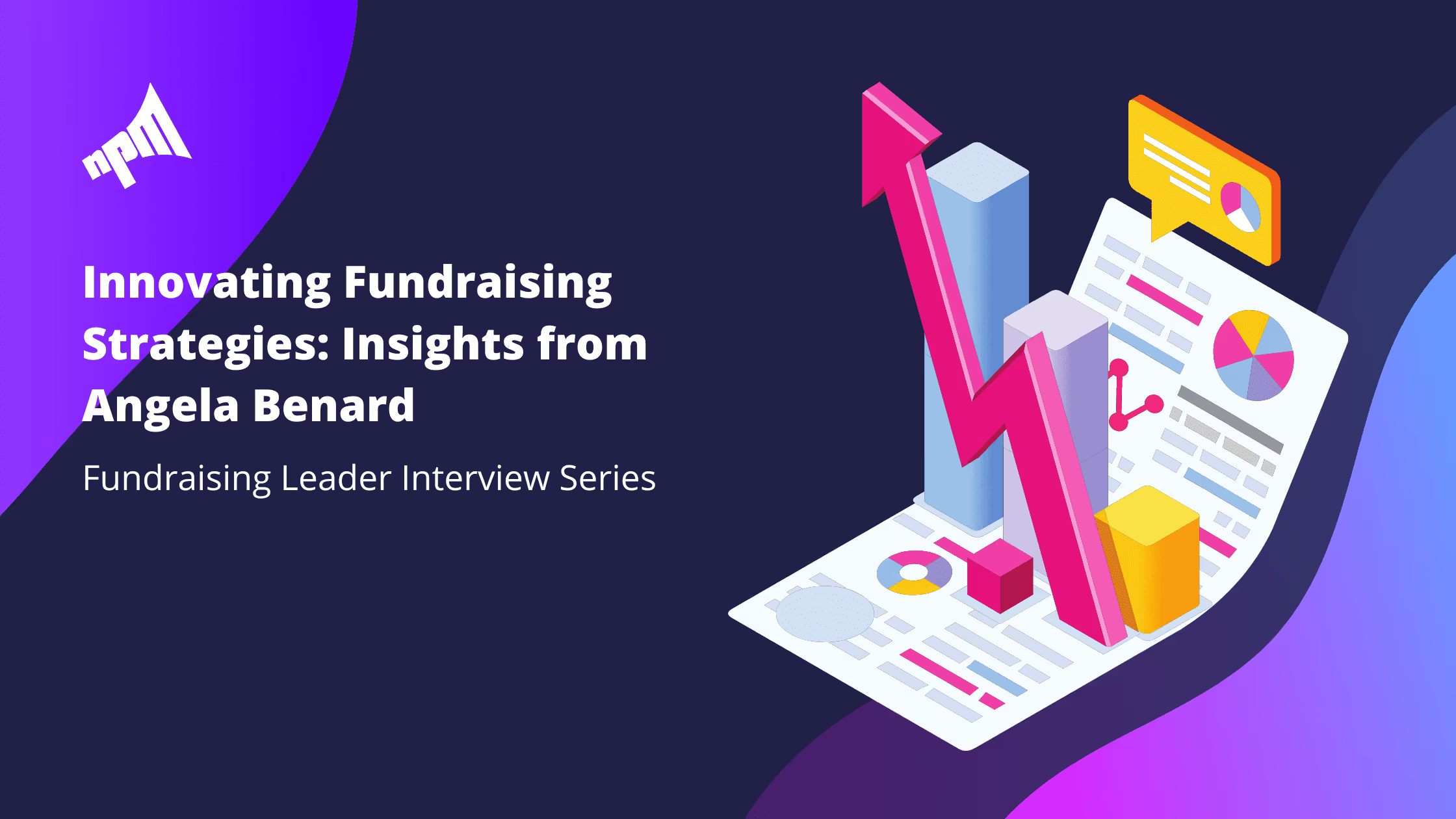







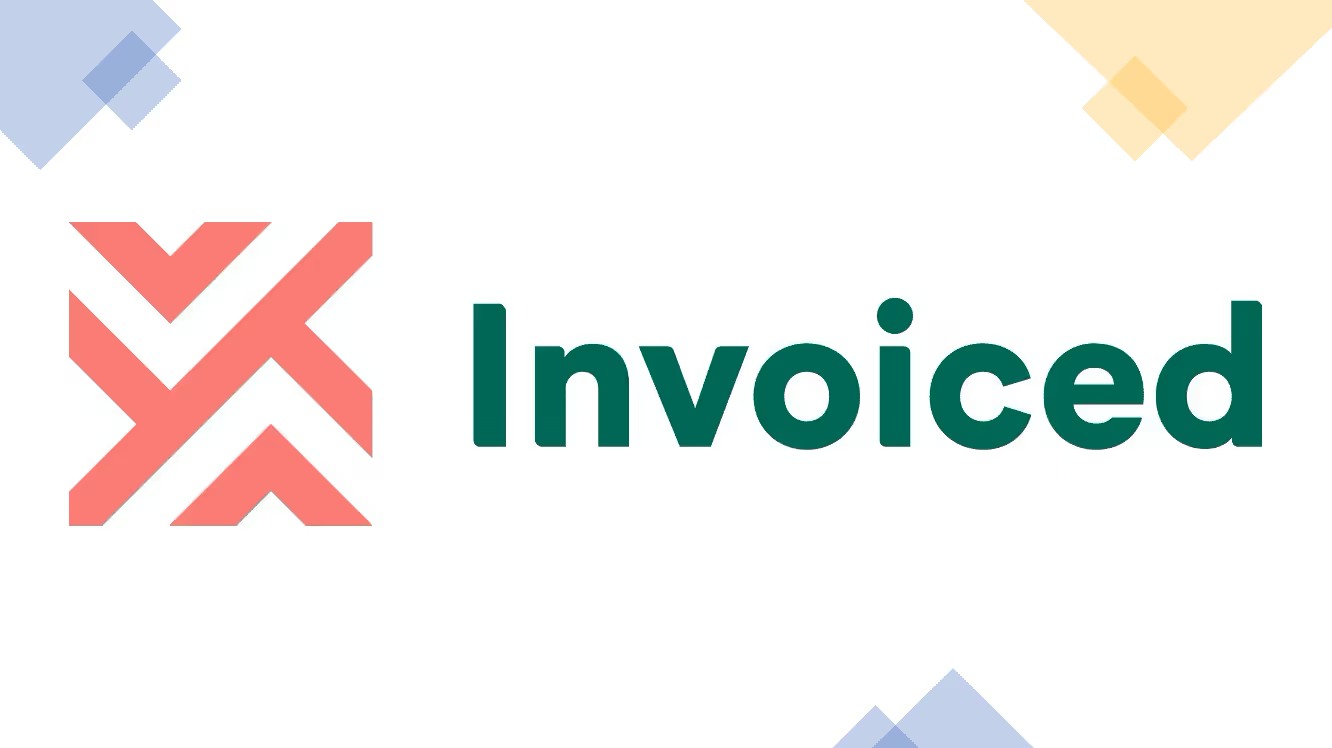






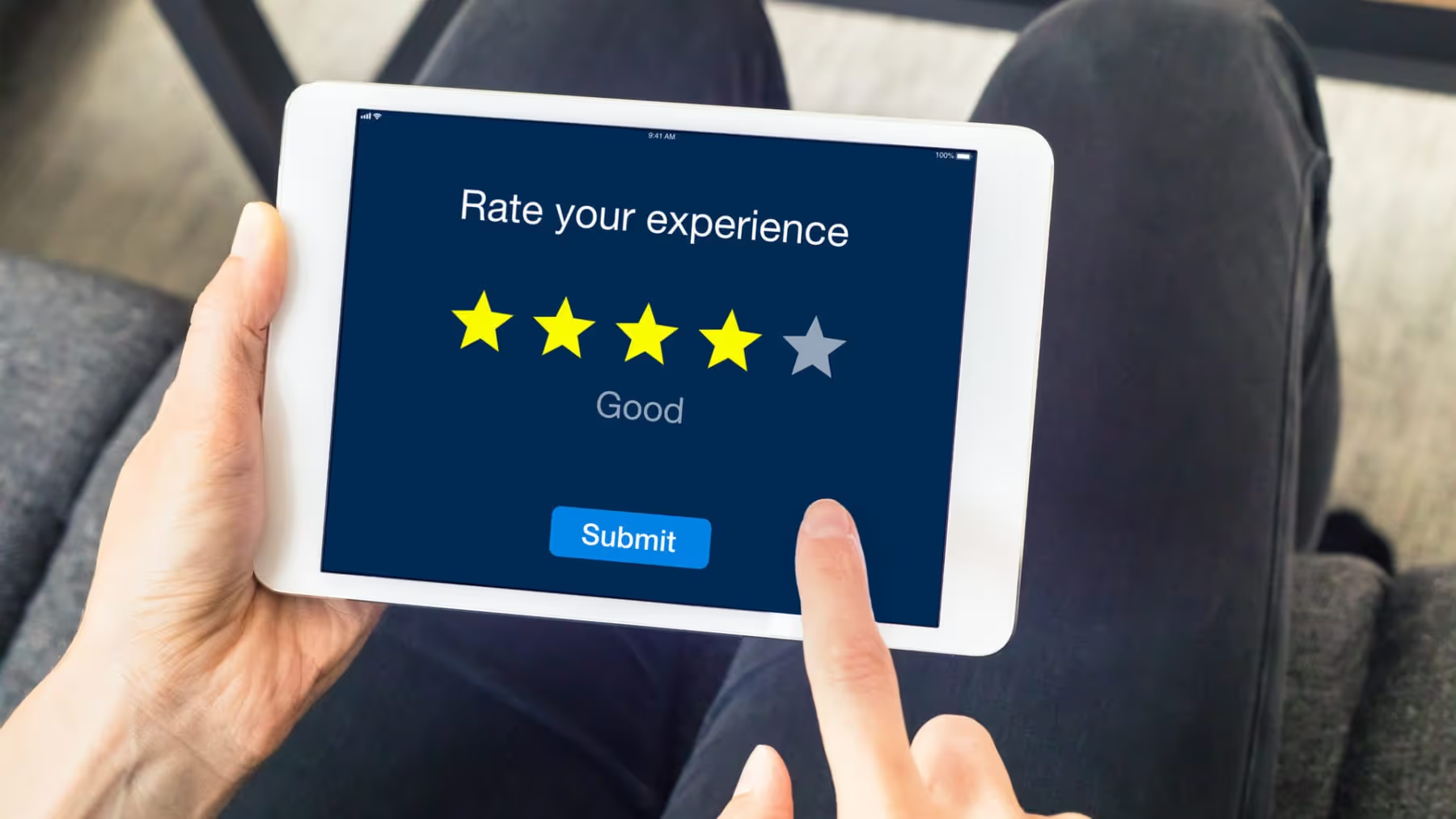












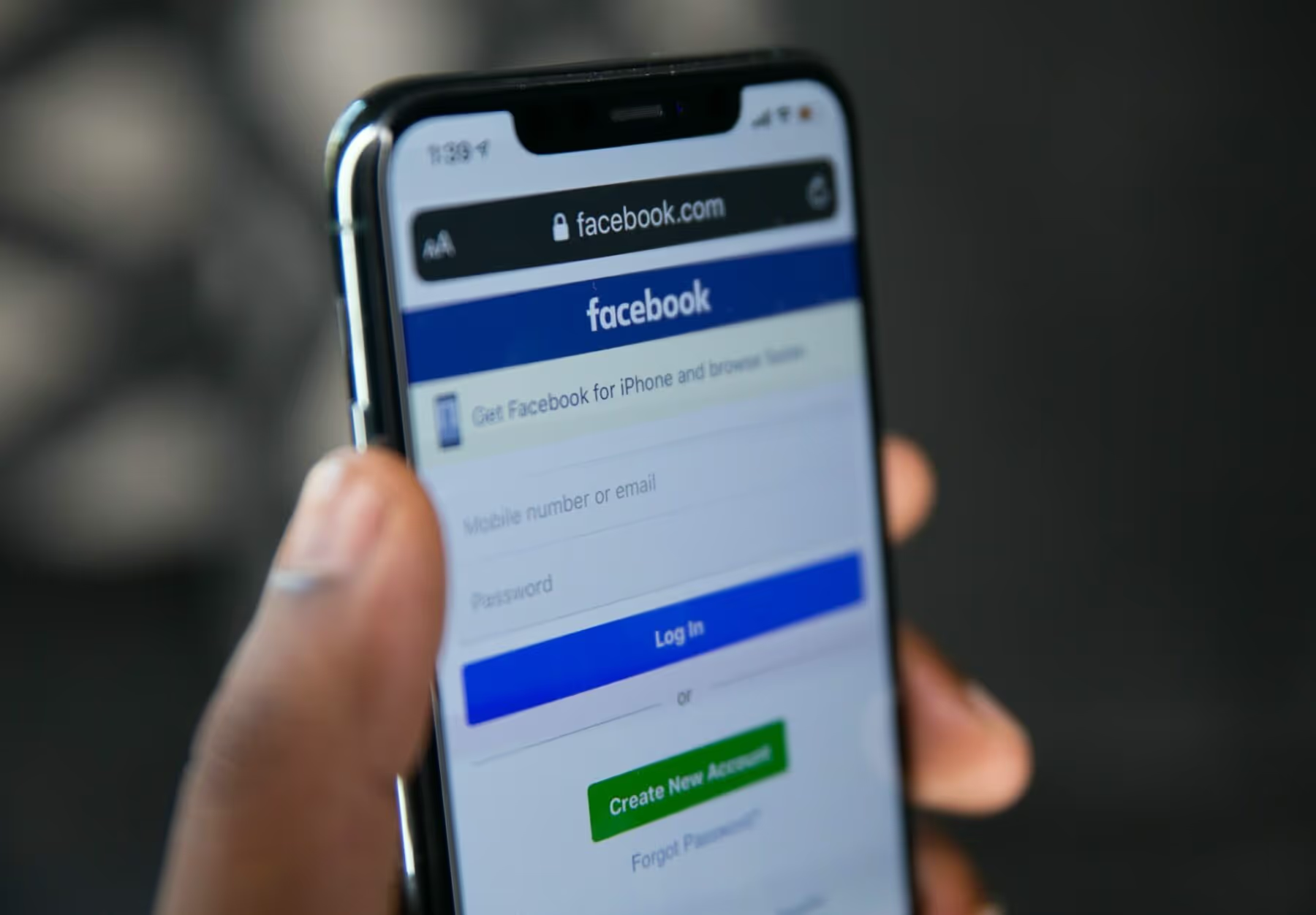
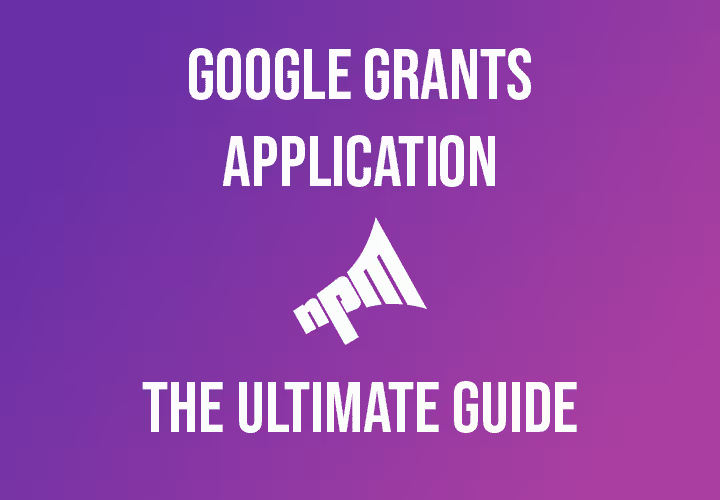


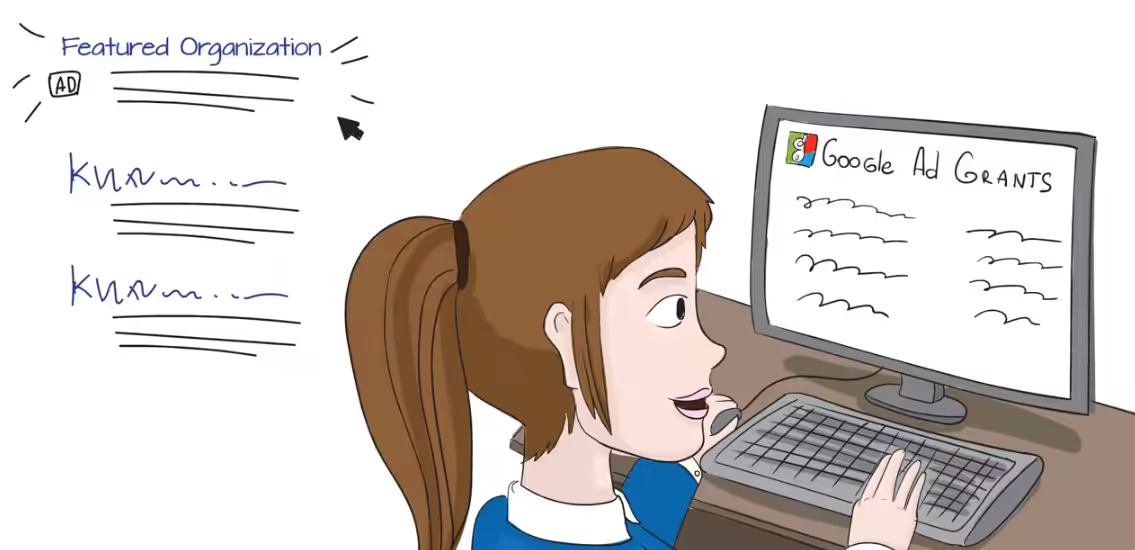


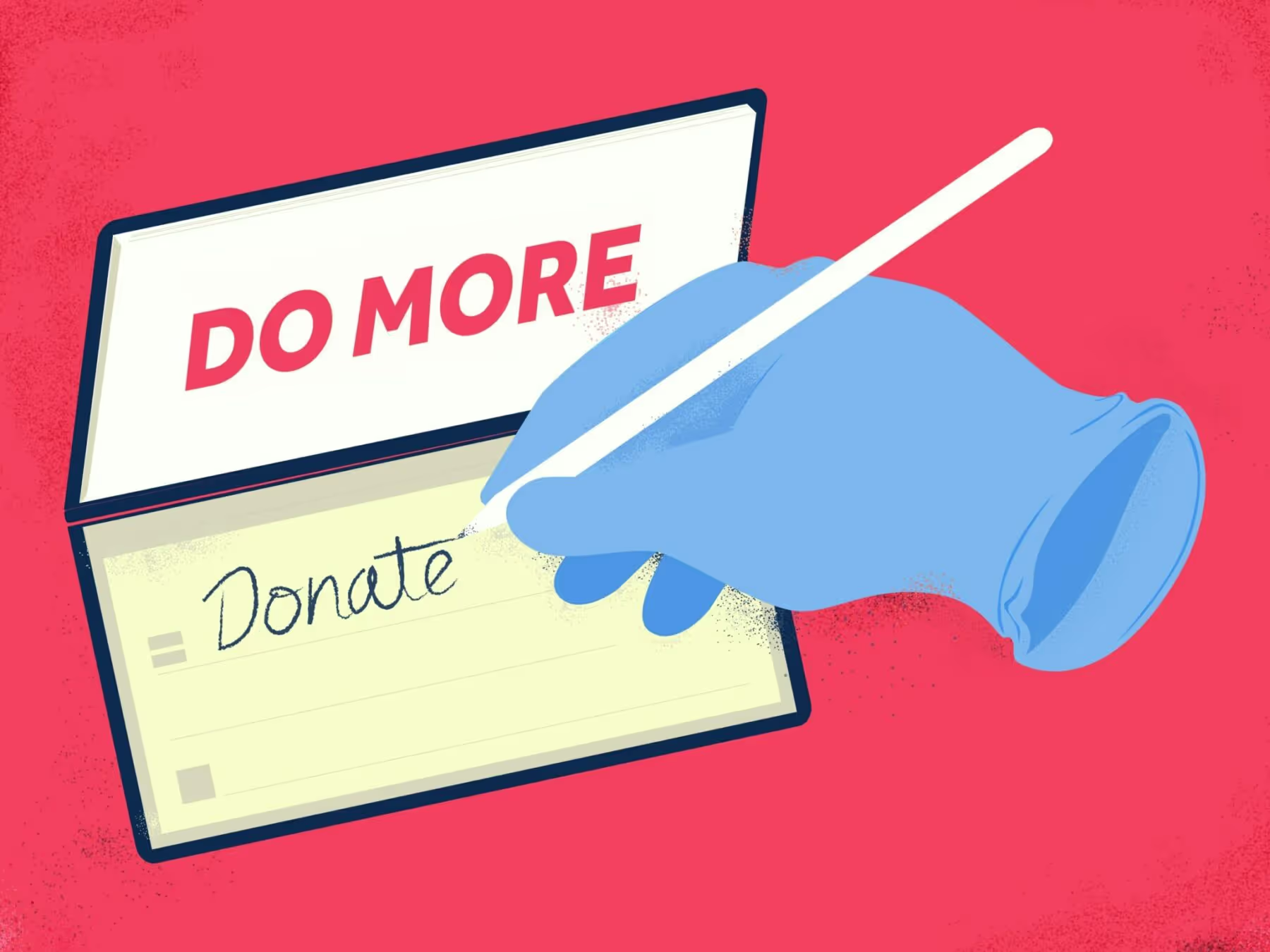
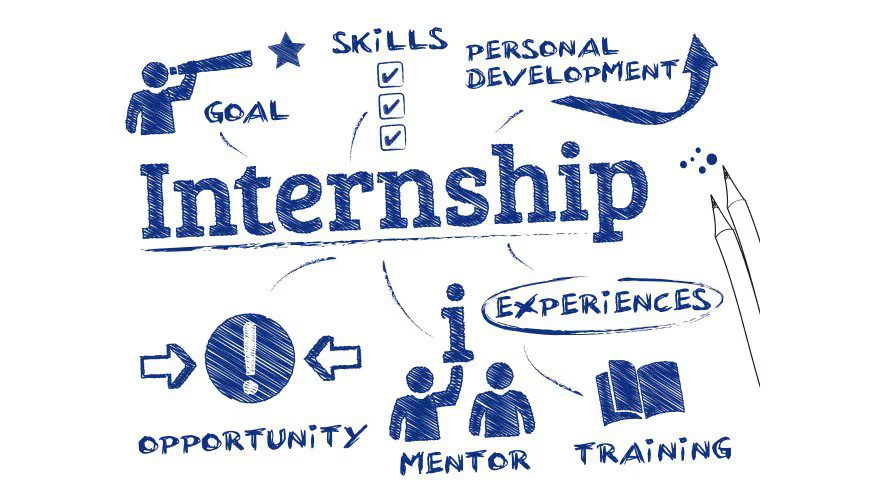
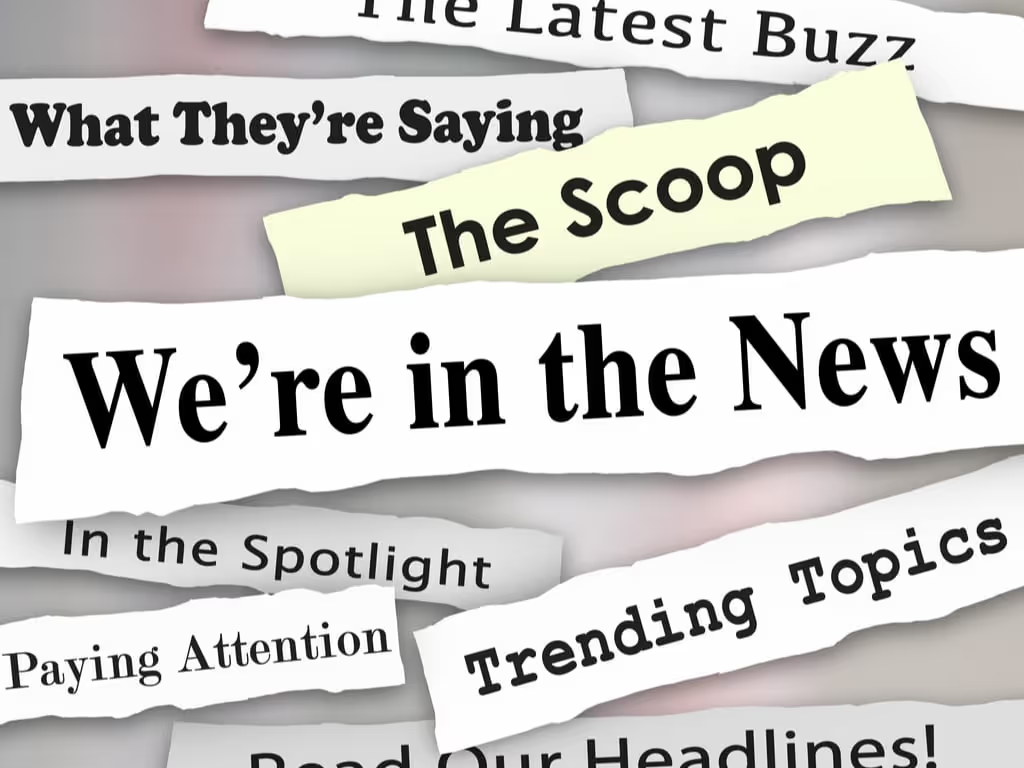










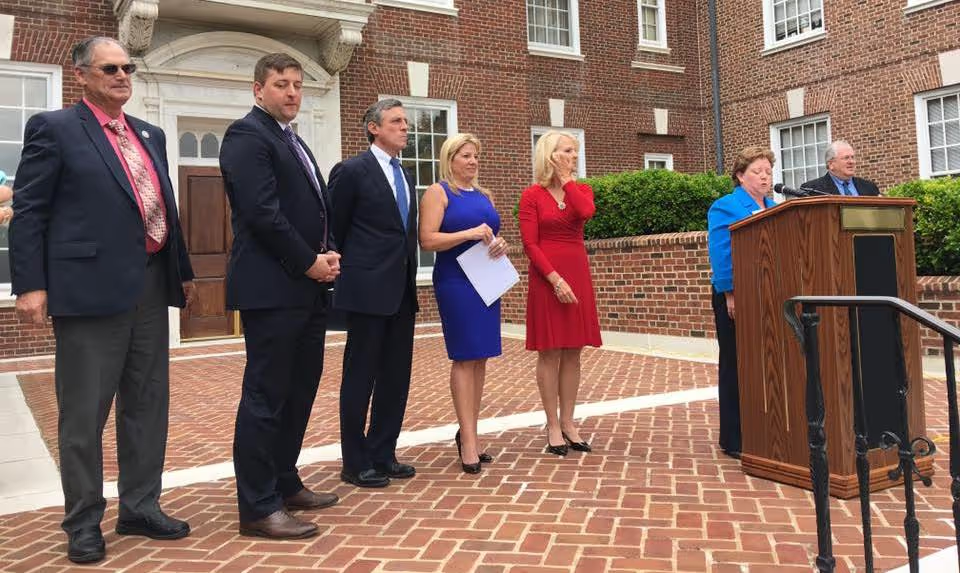


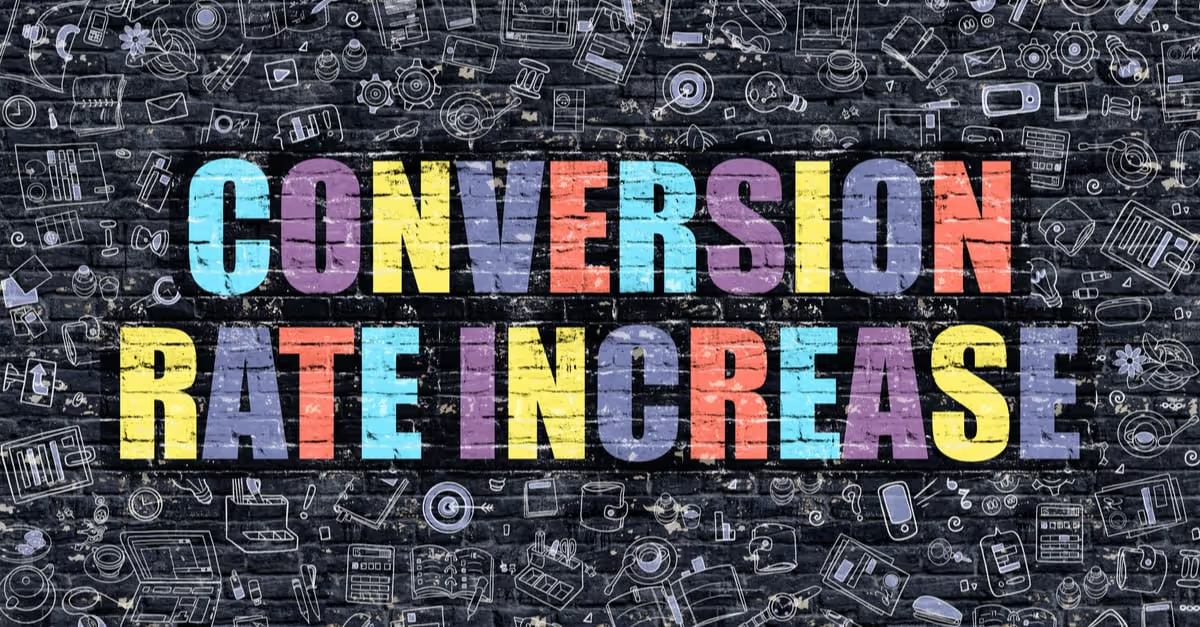








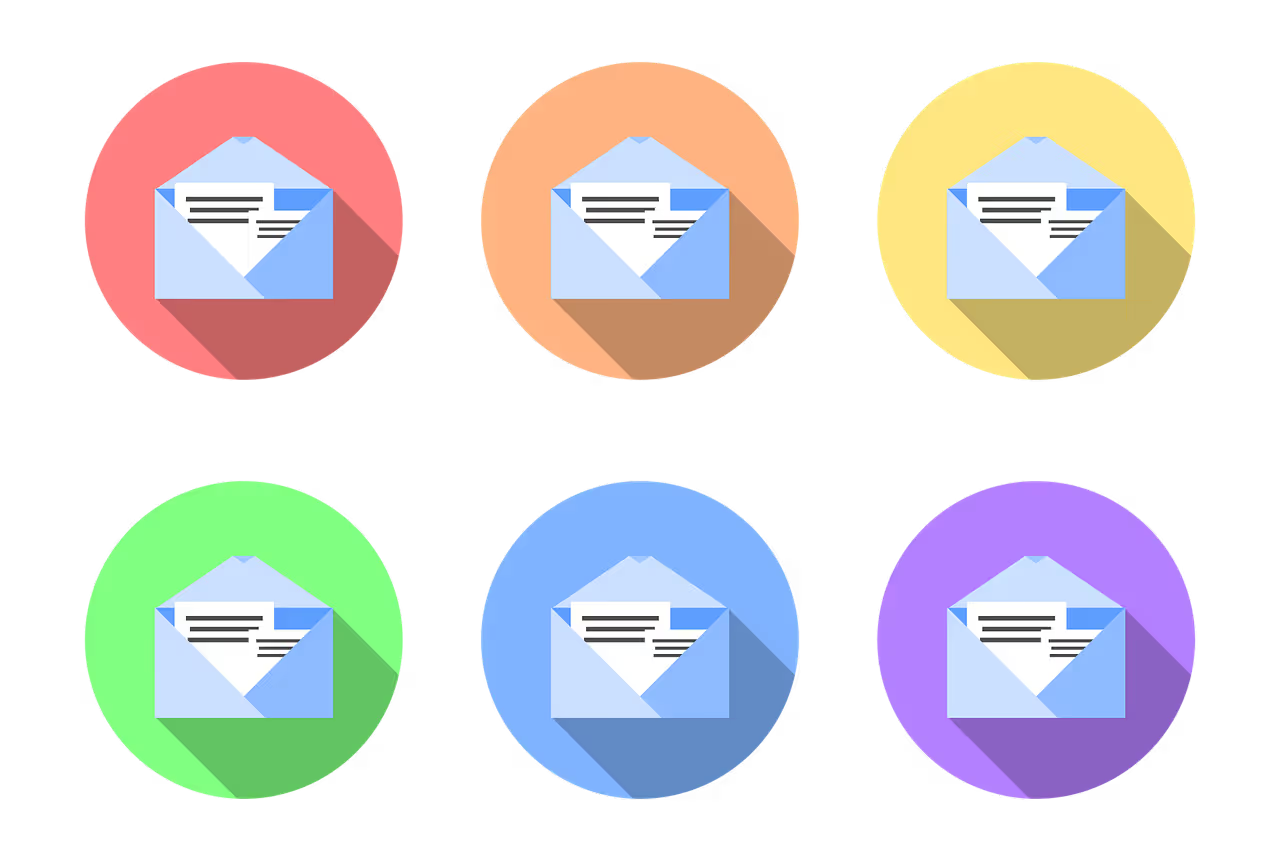







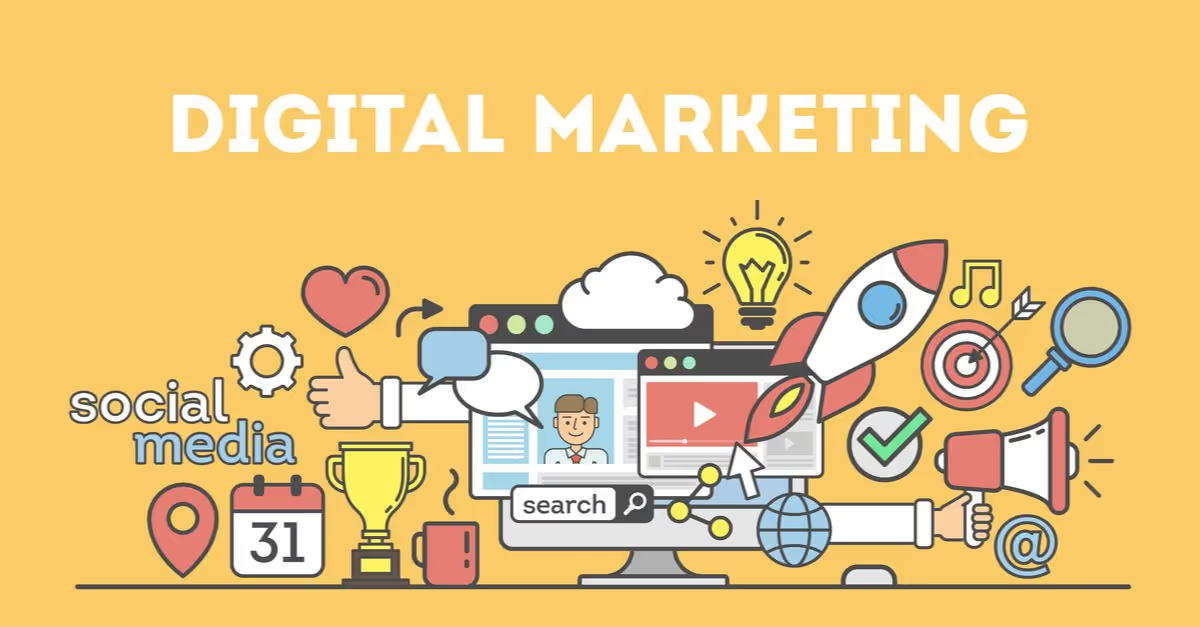



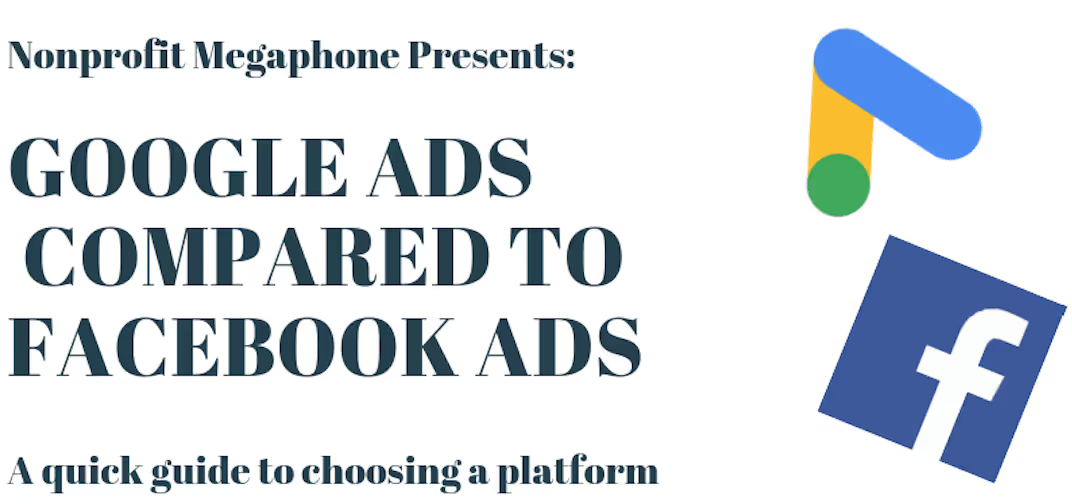
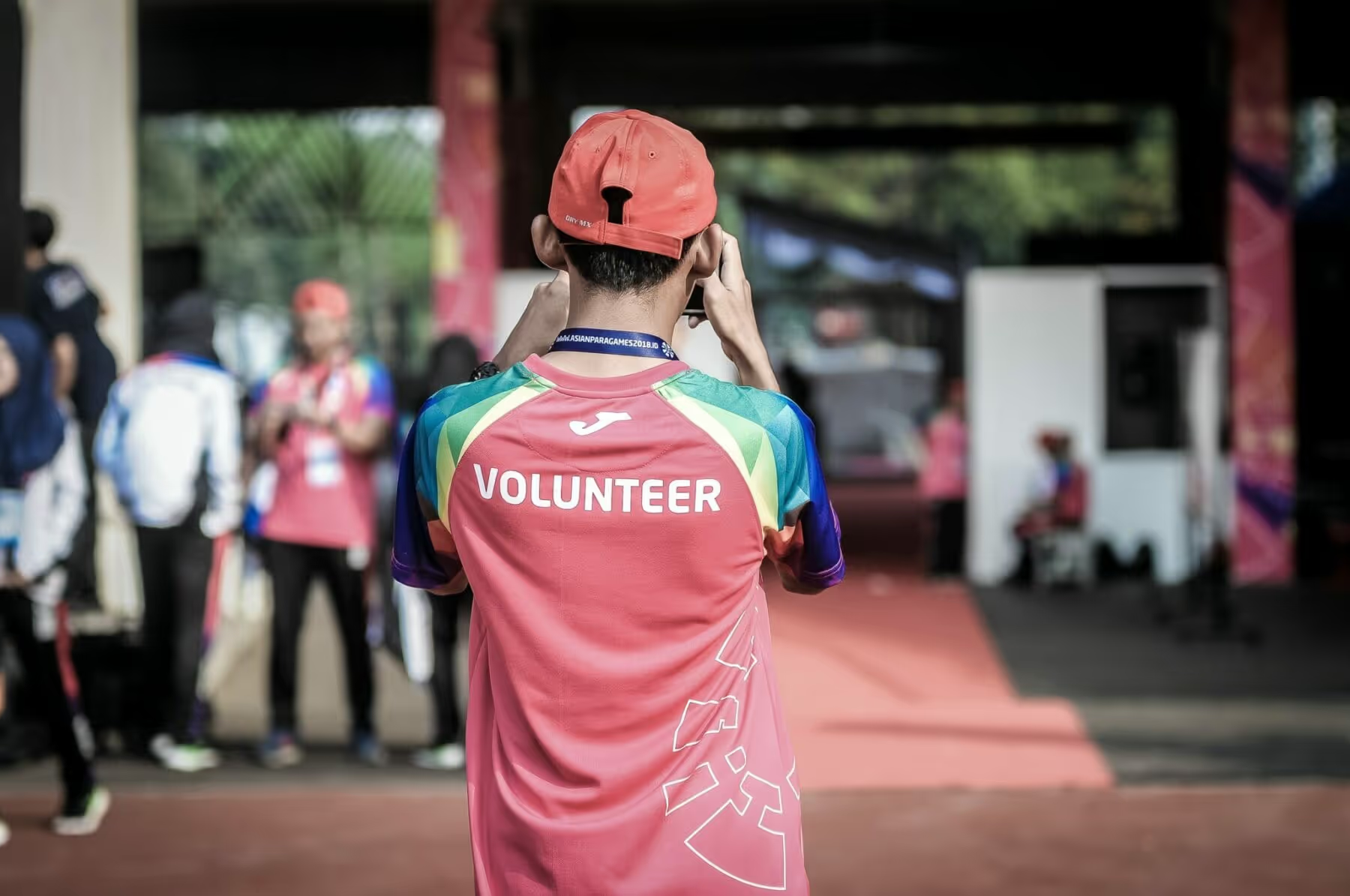
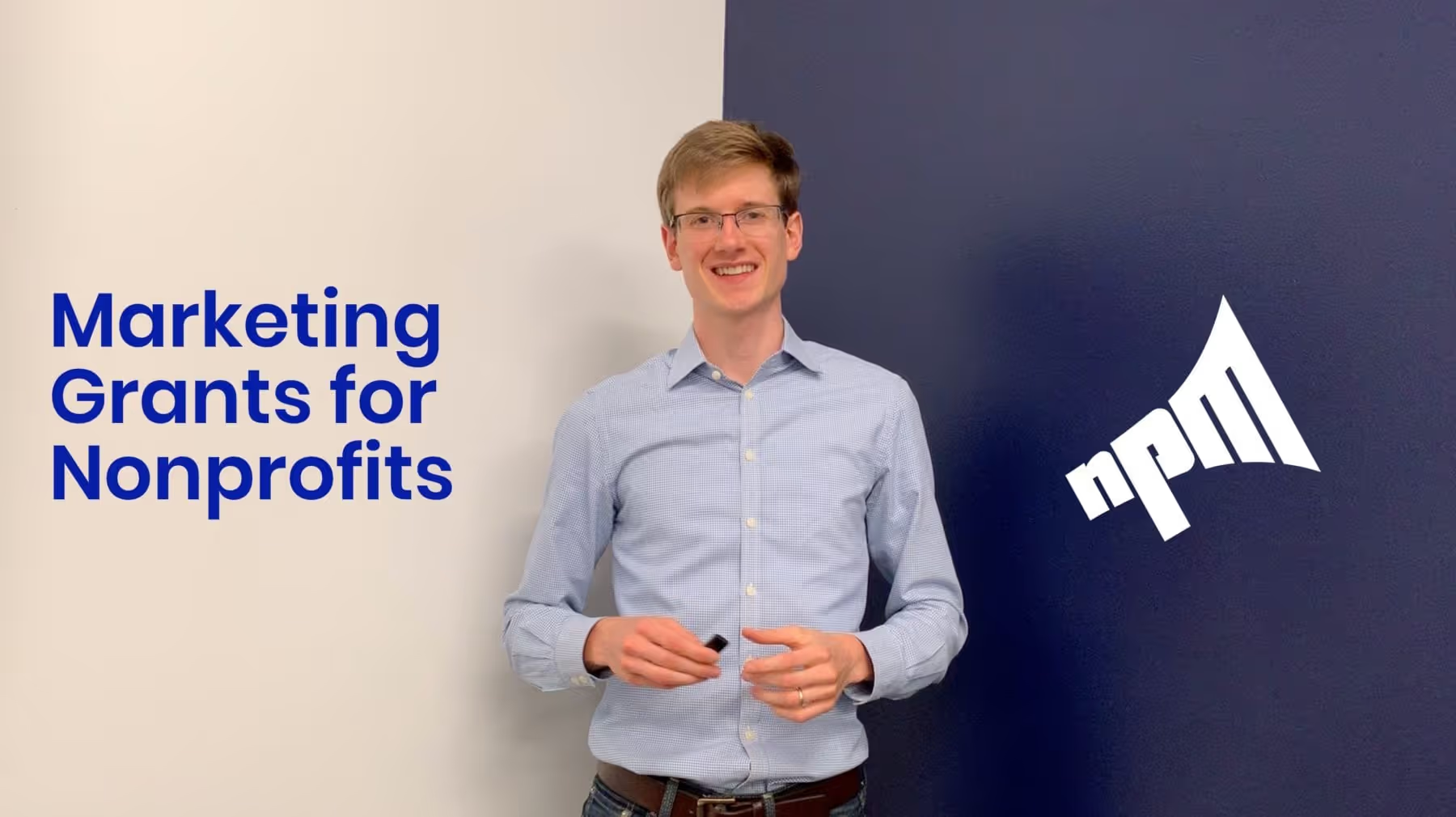
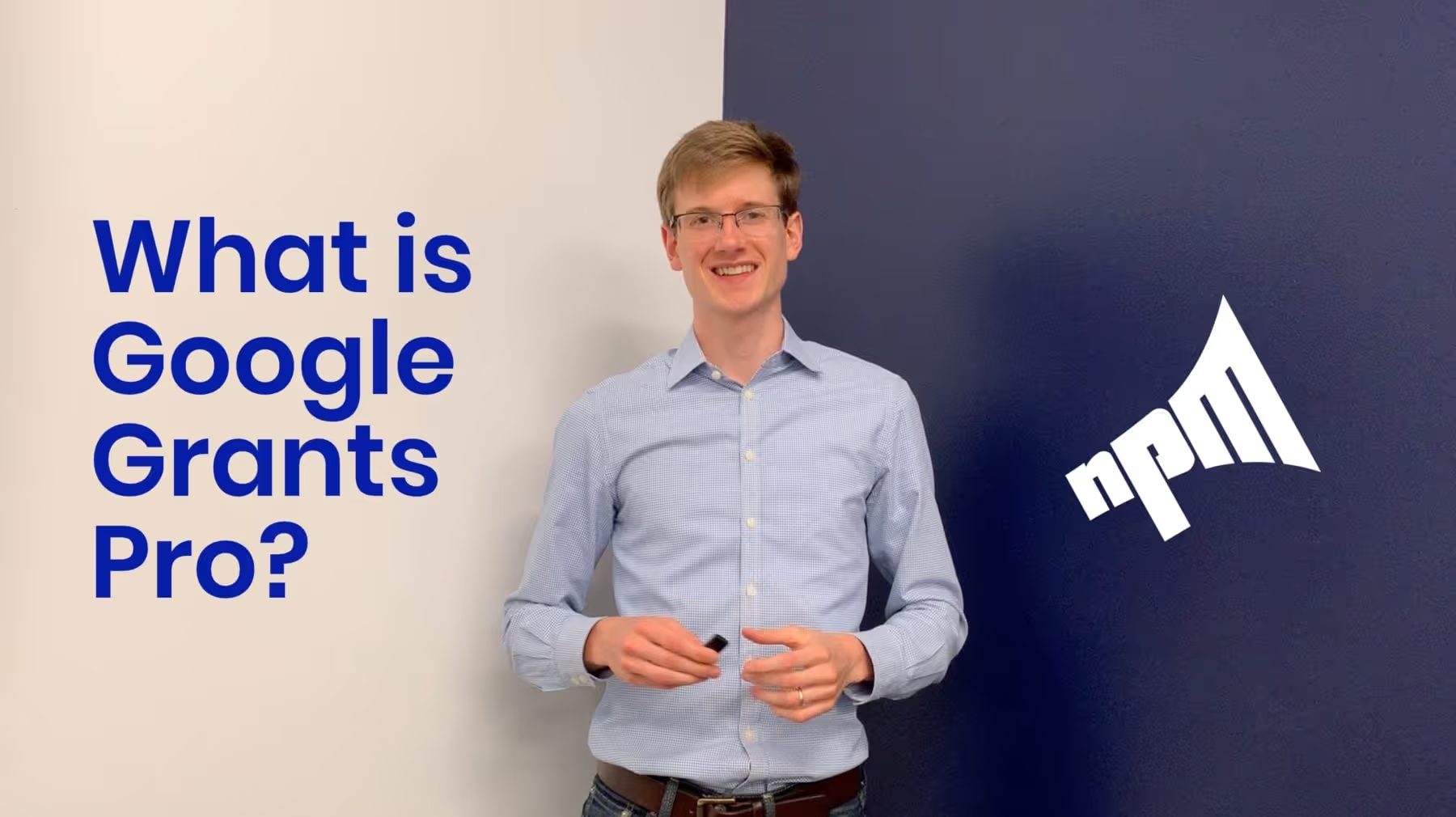

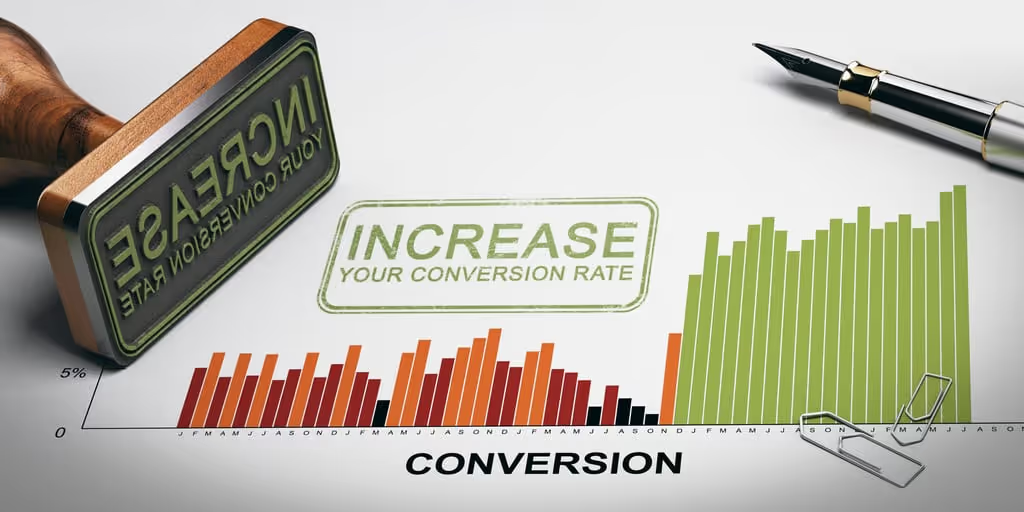



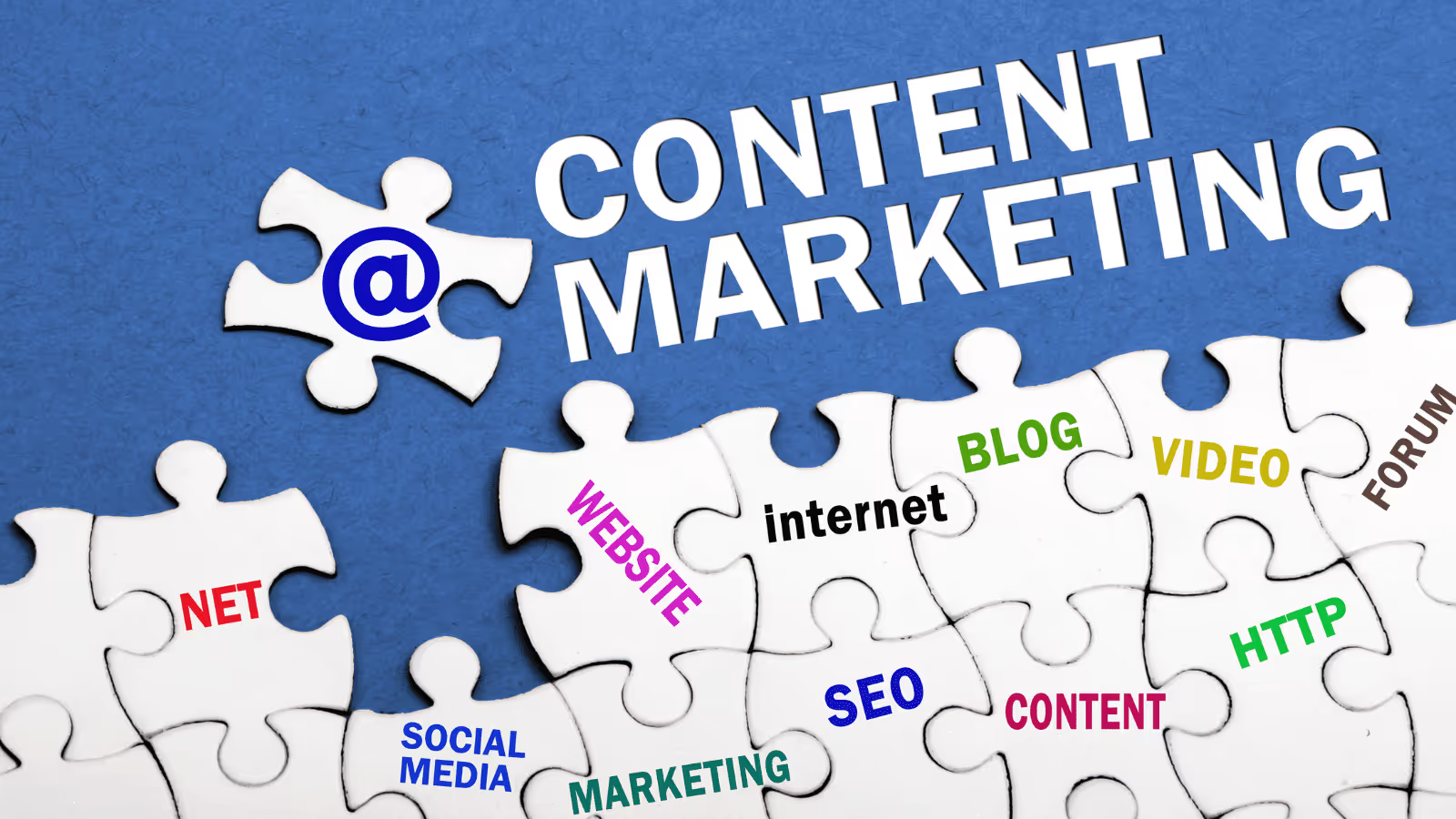




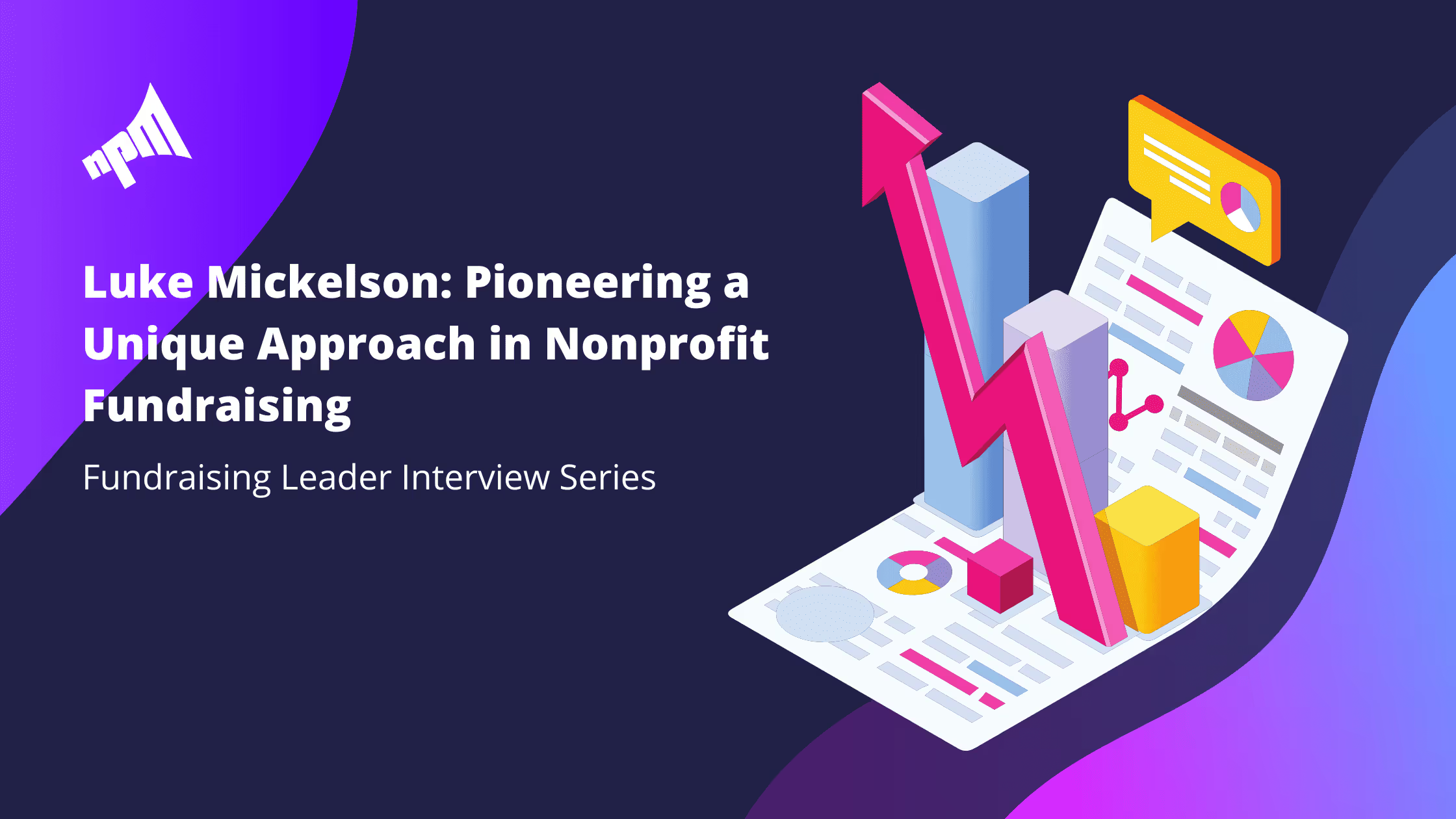

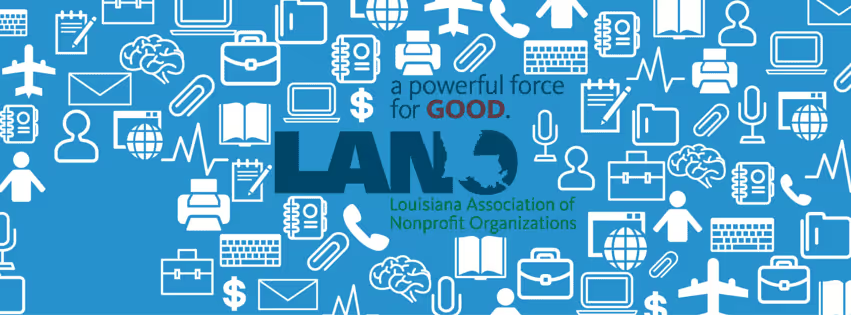


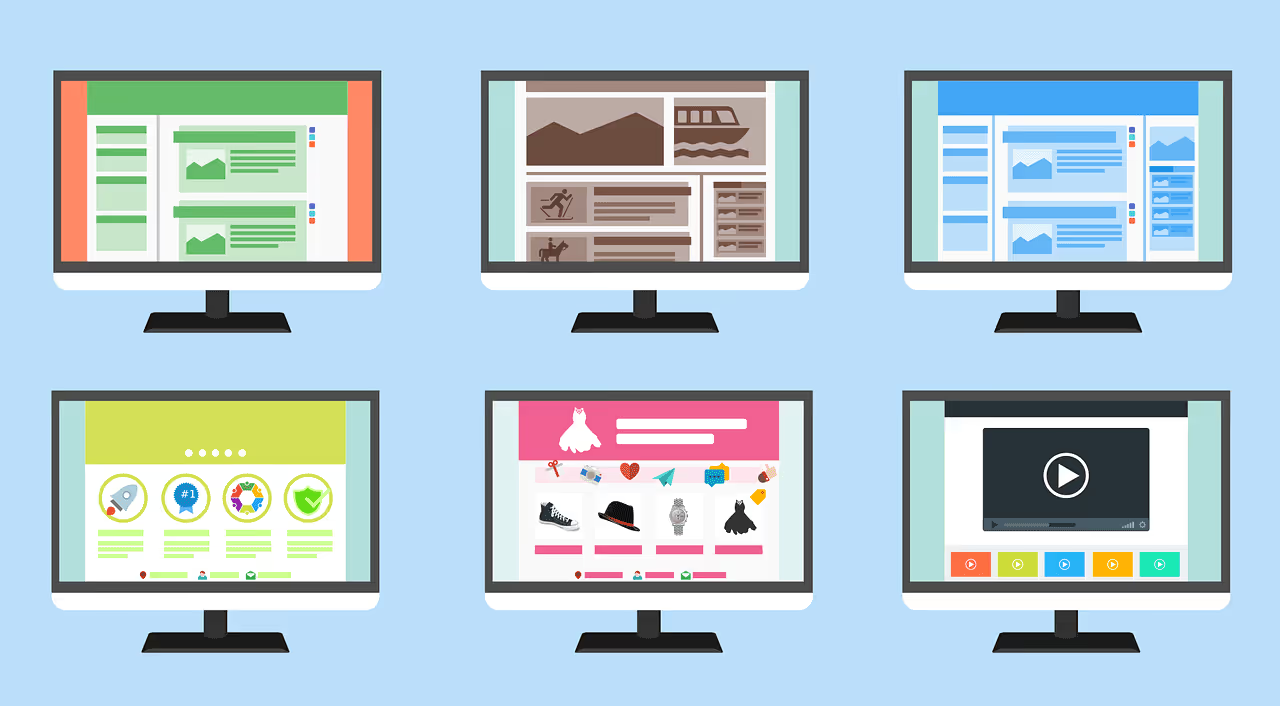
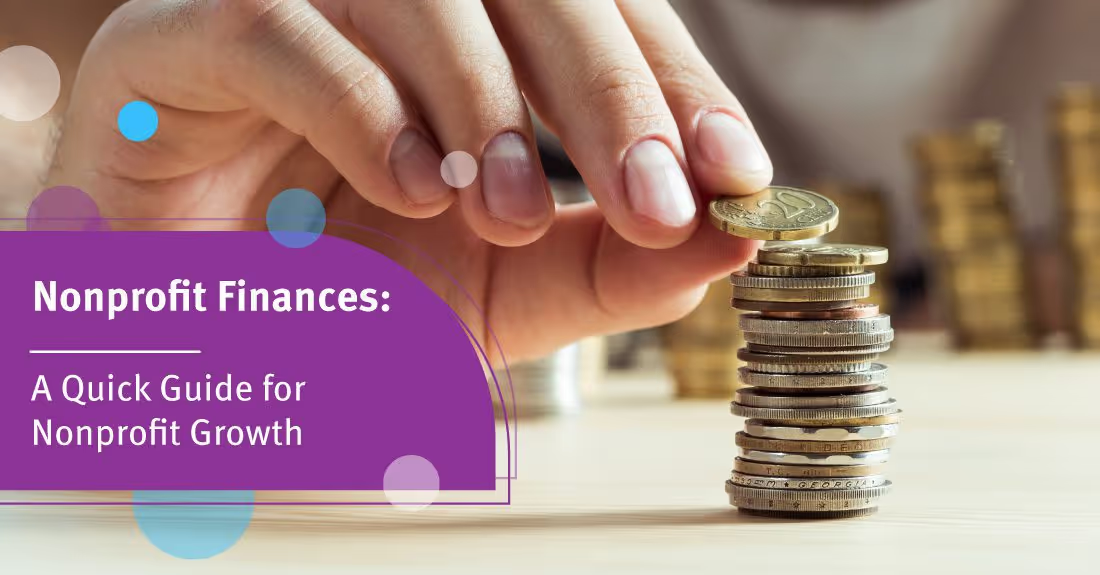

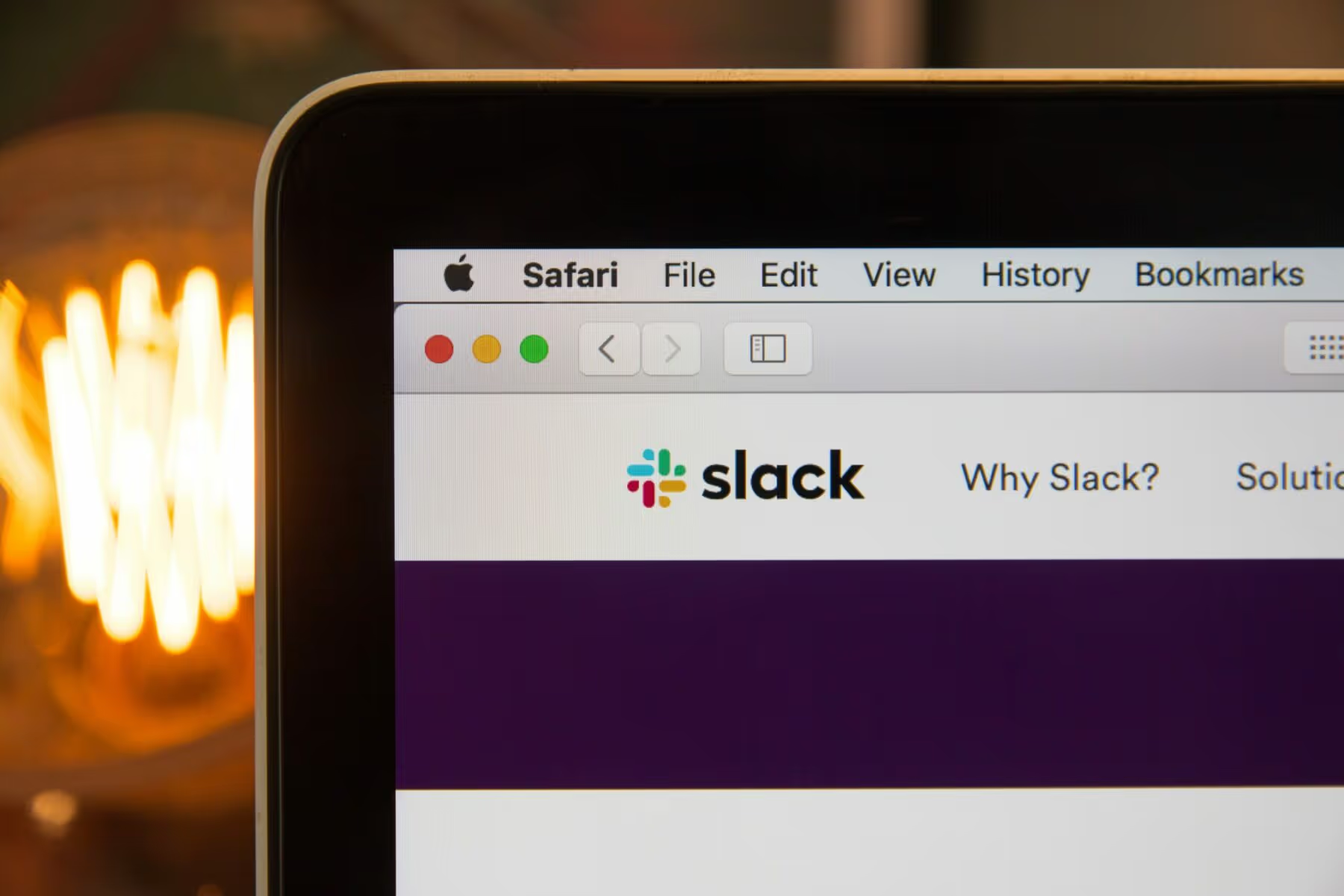



.svg)
.svg)
.svg)
.svg)